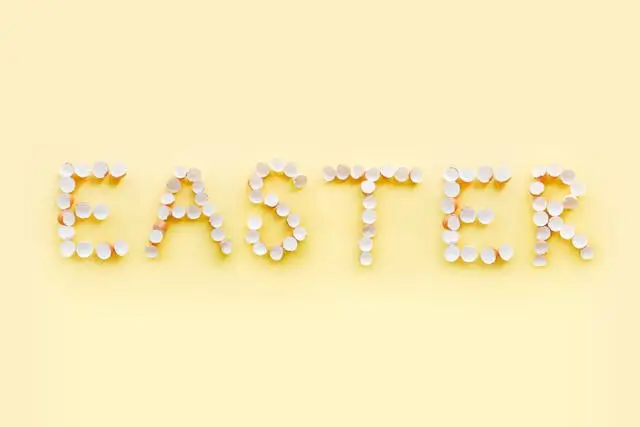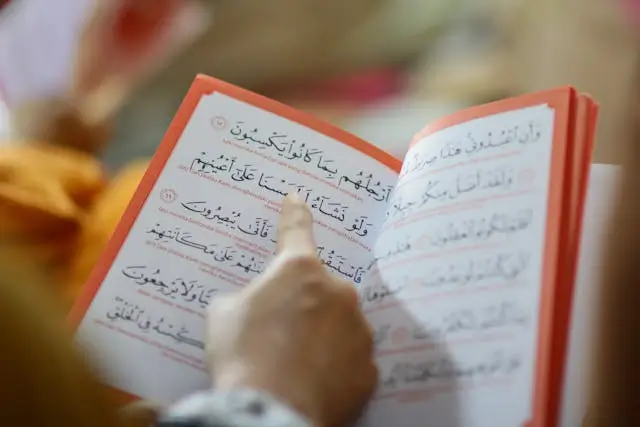How to Reflect on the Quran: A Practical Guide for Deeper Connection
The Quran is not only a book to be read but a divine message to be understood, reflected upon, and lived by. Allah ﷻ repeatedly reminds believers in the Quran to ponder over its verses, as reflection (tadabbur) is the key to transforming our hearts and actions. In this article, we will explore how to reflect on the Quran deeply, so that every recitation strengthens your faith and brings you closer to Allah.
1. Understanding What Tadabbur (Reflection) Means
Tadabbur in Arabic means to look deeply into something, to contemplate beyond its surface meaning. Reflecting on the Quran is not just reading or memorizing—it is understanding, connecting, and acting upon Allah’s words.
Allah says in the Quran:
“Do they not reflect upon the Quran, or are there locks upon their hearts?”
(Surah Muhammad, 47:24)
This verse shows that reflection opens the heart, while neglecting it seals it. True reflection helps one internalize the Quranic message and apply it in daily life.
2. Preparing the Heart Before Reflection
Before diving into reflection, it’s essential to prepare both mind and heart. The Quran is the speech of Allah, so it deserves full attention and purity of intention.
Here’s how to prepare:
- Sincerity (Ikhlas): Read with the intention to seek guidance, not just information.
- Purification: Be in a state of wudu (ablution), as cleanliness brings spiritual clarity.
- Calm environment: Choose a peaceful time and place, such as after Fajr or before sleep.
- Dua for understanding: The Prophet ﷺ used to pray, “O Allah, open my heart to Your wisdom.”
A sincere heart is more likely to absorb the meanings of the Quran.

3. Understanding the Context of Verses
To reflect correctly, one must understand the background (asbab al-nuzul) and context in which the verse was revealed. This helps uncover its depth and relevance.
For example:
- Makki surahs focus on faith, belief, and the afterlife.
- Madani surahs focus more on laws, society, and community life.
Knowing the difference between Makki and Madani surahs can significantly enhance your reflection. (Read more about this in our article: Difference Between Makki and Madani Surahs).
4. Reading Slowly and Repeatedly
Reflection requires slow and thoughtful recitation. Don’t rush through pages. Instead, pause after every verse, think about its meaning, and relate it to your own life.
Tips for deeper reflection:
- Repeat verses that touch your heart.
- Ask yourself: “What does Allah want me to learn from this?”
- Note down insights: Keep a journal for reflections, ayahs, and personal lessons.
Even reading a single page with deep thought is better than reading an entire Juz without reflection.
5. Using Tafsir and Translation
Understanding the meaning of the Quran in your language helps bring clarity. Study authentic Tafsir such as Tafsir Ibn Kathir, Tafsir al-Jalalayn, or Tafsir al-Sa‘di to learn the linguistic and spiritual layers of each verse.
Additionally, reflect upon how scholars explained the moral, historical, and spiritual lessons behind every ayah. This not only strengthens comprehension but also guards against misinterpretation.
6. Connecting the Quran to Daily Life
Reflection becomes powerful when you apply the Quran’s message in daily decisions, emotions, and interactions.
For instance:
- When reading verses on patience, think of your current challenges.
- When reading about charity, reflect on how you can help others.
- When reading about forgiveness, remember those you need to forgive.
The goal of reflection is not only understanding—but transformation.
7. Avoiding Distractions During Reflection
To reflect sincerely, the mind must be free from distractions. Switch off your phone, sit quietly, and focus only on Allah’s words. Even 10–15 minutes of undistracted reflection can bring remarkable calmness and clarity.
Try to engage all your senses:
- Read aloud to feel the rhythm and emotion of the verses.
- Listen to recitations from Qaris whose style inspires reflection, like Mishary Alafasy or Abdul Basit.
- Visualize the meanings as you read.
8. Reflecting on the Quran Regularly
Consistency is the secret. Set a routine to reflect on the Quran daily, even if it’s just one verse. Over time, you’ll notice your heart softening and your mindset changing.
Allah rewards every letter recited, but the reward of understanding and applying His words is far greater. As the Prophet ﷺ said:
“The best among you are those who learn the Quran and teach it.”
(Sahih al-Bukhari)
9. The Spiritual Rewards of Reflection
Reflecting upon the Quran leads to:
- Inner peace and stronger faith
- Closer relationship with Allah
- Guidance in decision-making
- Spiritual healing and contentment
It also strengthens your belief in the miraculous nature of the Quran. If you wish to explore this further, you can read our detailed article: The Quran as a Miracle.
10. Common Mistakes to Avoid
When reflecting on the Quran, avoid:
- Reading without understanding the context
- Applying verses out of their intended meaning
- Reflecting only for arguments or showing off knowledge
- Ignoring authentic scholarly explanations
Remember, humility and sincerity are the core of true reflection.
Conclusion – How to Reflect on the Quran
Reflecting on the Quran is not a one-time act—it is a lifelong journey of faith and self-discovery. Each time you open the Quran with sincerity, Allah opens your heart to new lessons.
Make tadabbur a part of your daily life. Read with love, think deeply, and apply the message in your actions. The Quran is a source of endless wisdom; the more you reflect, the more you grow closer to your Creator.
“This is a blessed Book which We have revealed to you, that they might reflect upon its verses and that those of understanding would be reminded.”
(Surah Sad, 38:29)







